Mongol
Mongol : Movie Review
5 stars out of 5 : Outstanding
2007, Mongolian, Mandarin
Director : Sergei Bodorov
Genghis Khan (1162 -1227) in his numbing barbarism has few equals in history. I trawled Wikipedia to gather the following facts... He will be remembered for the creation of the Mongol Empire, which became the largest contiguous empire in history after his death. His early life was very difficult and oppressive- he might very well have decided that no matter what degree of torture he endured, an exponential quantum of that would be heaped on the kingdoms he would annex and devastate. Taking initiative by uniting many of the nomadic tribes of northeast Asia, he assumed power and magnified the scope of it by taking over an expanse that straddled much of Central Asia,the Middle East and Eastern Europe. He once poured molten silver into the eyes and ears of an enemy. On another occasion,Khan had a city's surviving population assemble in the main mosque of the town , where he declared he was the flail of God, sent to punish them for their sins. Victory another time was celebrated by raising a pyramid of severed heads. In conquered cities ,women and children were sold to soldiers as slaves; architecture and native heritage were often destroyed and the men mass-murdered. When M.Wallace of "Pulp Fiction" brings up the idea of "going medieval", he was perhaps referring to the afore-said techniques. Apart from unifying Mongols,the other niceties one can note in Genghis Khan's dossier, are the promotion of religious tolerance and the adoption of a single written script for his subjects.
History over, Film Review begins-
MONGOL (2007)- the formidable film directed by Sergei Bodorov, and jointly produced by companies in Germany Kazakhstan Mongolia Russia and U.S.A, is a feature whose effect can be best experienced by jettisoning from the mind the realities of history. Pic covers the early life of Borijin Temujn a.k.a Genghis Khan. Since much ignorance and controversy exists regarding details of his early life, the script has not been pilloried for coursing off-course.
The Epic opens with a Mongolian proverb- "Do not scorn a weak cub, he may become the brutal tiger". Rainy dark scenes of the 12th century Tangut kingdom are shown as the lens pans over the town's streets and rooftops to smoothly glide into and past the bars of a cell. Darkness gives way to frame the weathered,neutral visage of a man. A legend morphs into view and quietly announces his identity- "Mongol".
Early on, with the help of sophisticated and intensely atmospheric sequences like this, the camera presents its high-definition credentials. The story's framework pulls back to delineate the life of Temudjin as a young boy. As this phase of the tale unfolds,he is being led on horse-back by his father, over vast steppes , in order to select and "book" a bride. Right off the bat, it is revealed that they live in a hostile world where there are no dearth of personal enemies,rival clans and vendetta. As for the bride selection, Temudjin is informed by his Dad that apart from other attributes the most important thing a girl should have is "strong legs", so as to satisfy her man (one gathers that these people had a very no-nonsense notion of sex-education).
Temudjin soon shows glimpses of his future philosophy by remarking on one occasion- "If they are weak, let them be offended". Temudjin is soon thrust into a life of fatal danger and suffering , but even as a boy he shows his ability to endure,escape and survive. He doesn't forget the spunky girl bride ("Borte" played by Khulan Chuluun).
As Temudjin realizes that fate has chosen a life of physical war for him, and that he needs warriors in order to survive and soldier ahead ,he enlists the help of his chilhood pal Yamukha - a clan-leading warrior. But Yamukha doesn't fully understand his "friend". Quietly aggravated by repeated thorns in his strategic plans, the young Genghis Khan in a prayer calmly swears "I will unite the Mongols even if it means I have to kill half of them." (As a modern-day Indian, I do not have the luxury of harbouring similar thoughts). We soon see that he is dead serious about executing this plan. Earning respect and loyalty ,gathering war-chiefs and expertly organizing his swelling army ,the emerging G.Khan shows that even in one-to-one duels he is the uber Mongol. In a stretch of fighting, he reveals epic stamina and a skill of swordplay enough to land him a teaching position in a Harvard for Samurais.
The movie should have been titled "Genghis Khan- A Kinder Intro". B.T a.k.a G.K's real life exploits evoke horror, but here the build-up is such that the audience is obliged to root for this phoenix-like character. Temudjin is incarcerated on multiple occasions but as we see him stoic in his cangue or cell, we realize that this man may be fated for another film, that his enemies wont kill him on capture ,nor will he drop dead in his torture.These premature demises just wont do for fate-powered warriors and indefatiguable champs. Jokes apart ,one ought to appreciate the skill in depiction of a vast story canvas, and commend the director for fulfilling the movie's high ambition by ably illustrating the rise of an imperial behemoth. The central figure is a man of immense will-power and giant ambition, who makes those around him look pusillanimous. It makes for great story-telling as we see him wait in mystic patience for his era to dawn. He knows that when it arrives all will be avenged and more will be conquered.
Enigmatic mythic elements add to the legend's appeal- this is seen in how Temudjin prays to and is bestowed deliverance by the pagan Lord Tengri, the hero being unafraid of thunder unlike other Mongols; an old priest sensing and predicting the enslaved Khan's impending dominion.
What adds to the superbly etched canvas is the authentic recreation of the ancient steppes. Conversation and interactions between characters are recorded with a cool focus, and battle scenes are orchestrated with a rare impressive power. Amidst the ferocity, care is taken not to sacrifice the clarity. Blood spews and imbrues nearly all the action canvases here but the scarlet spillage is done in a quick adroit technique that eschews gratuitous gore. The last action sequence shows Khan's emerging intelligence in military strategy- launching surprise attacks by utilizing uneven terrain, employing shield-covered formations that rain well-directed arrows, and cavalry that plows through enemy infantry with precisely positioned swords.Overall the picture pares the flamboyance while still managing to viscerally amplify the military chops of the story. Viewers may note that the style here is a subtle but notable departure from the fiber of American war epics.
The background score by Thomas Kantelinen has to be commended for its esoteric,inventive mood-enhancing quality. It is difficult to create appropriate music for a story set in a largely unfamiliar world ,and Kantelinen rises to the challenge. Mystic chants add undertow and the effect is often subliminally potent. Editing further contributes by maintaining a taut rein. Acting be it by the hero, the principals or the peripherals is consistently competent. There is no crying need for vaulting theatrics when the overall story has so much going for it.
Two more instalments to cover Genghis Khan's full annexational arc had been planned. That subsequently was reduced to one sequel which again suffered serious problems in conception and was finally aborted. But this film is so accomplished that that it can stand alone as an epic of expertly directed emotional and technical merit. As for its denied future brethren who never saw the light of the day, it is interesting to note fate's decree here- perhaps it wanted to crystallize just this initial portrait, to freeze for posterity the image of one man rising like a god, while arresting the brush-strokes that could capture a hero turning into a villain.
UPN
UPNWORLD welcomes your comments.

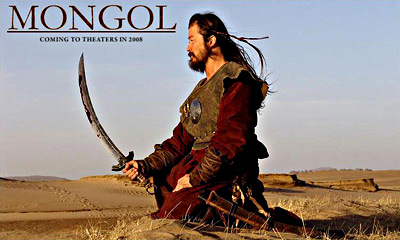
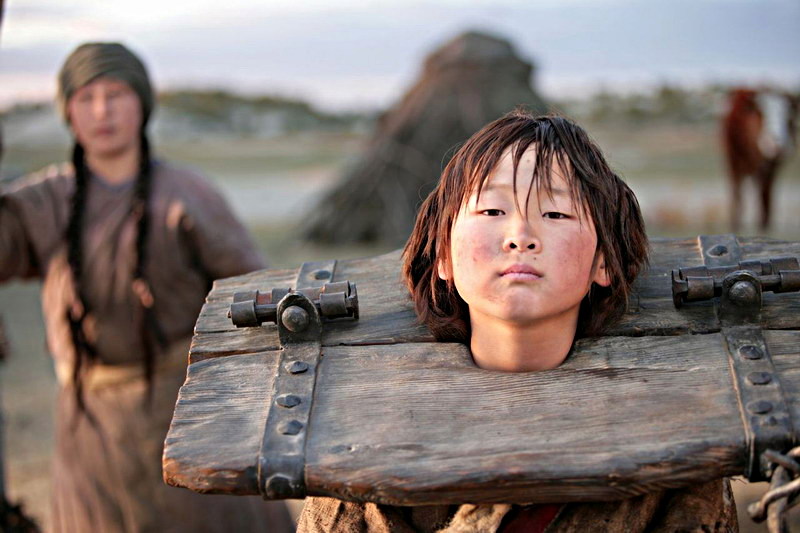
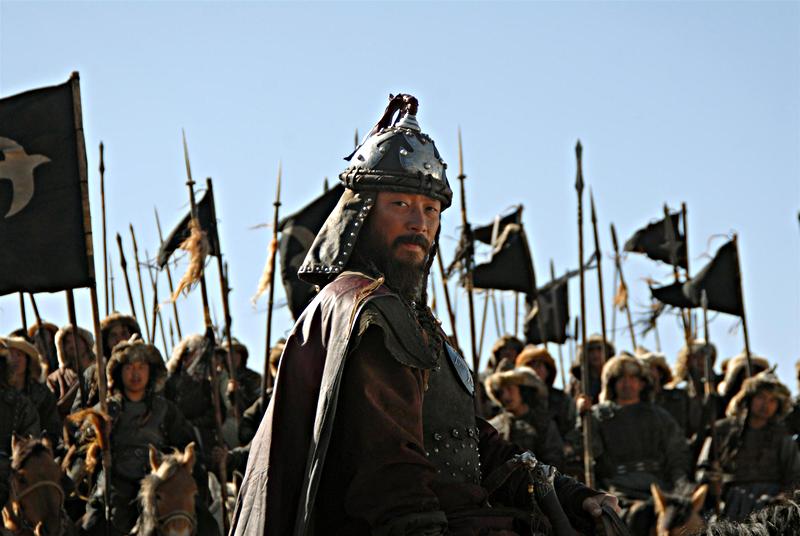
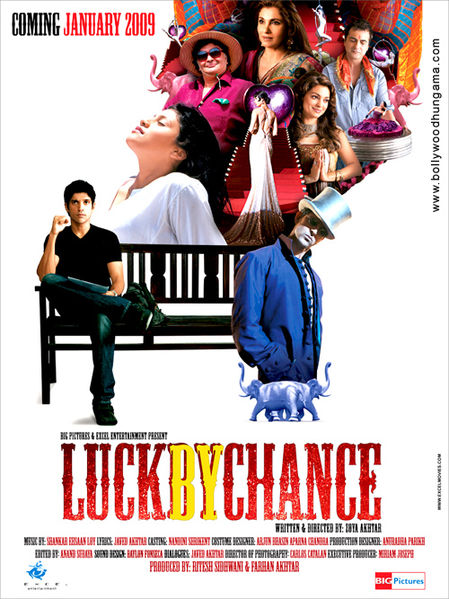
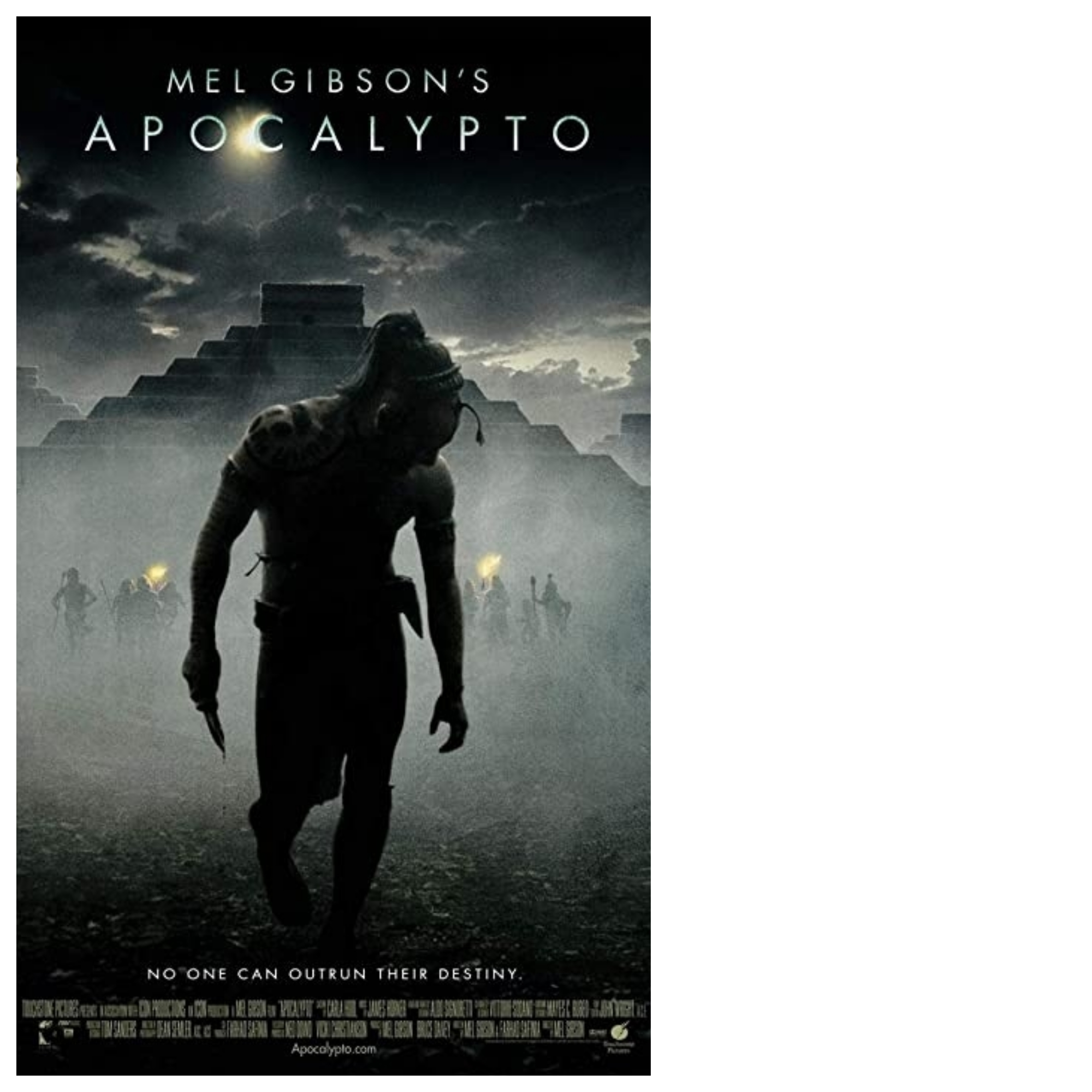
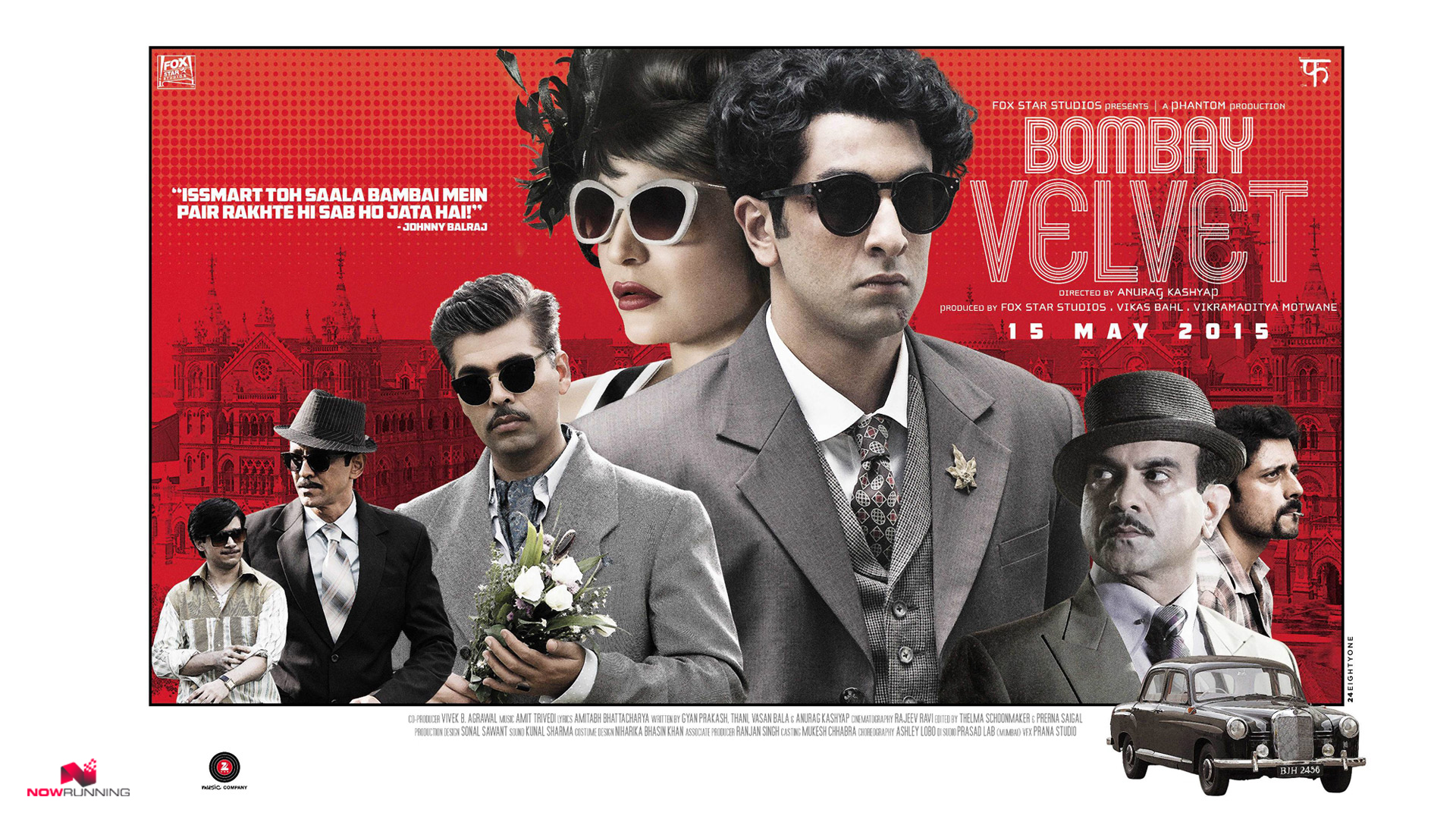
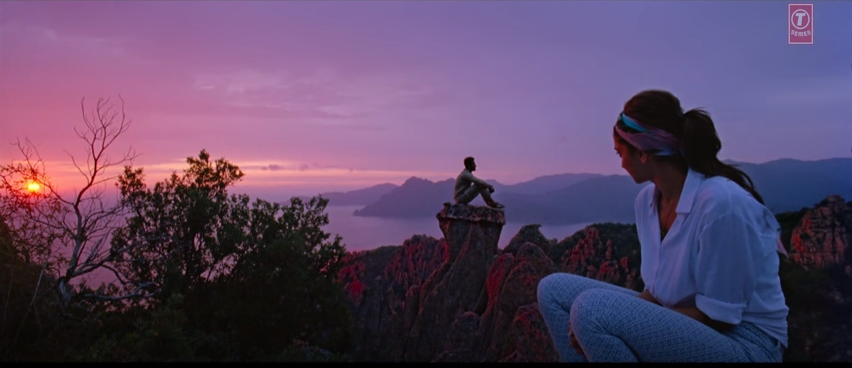




0 COMMENTS
WRITE COMMENT